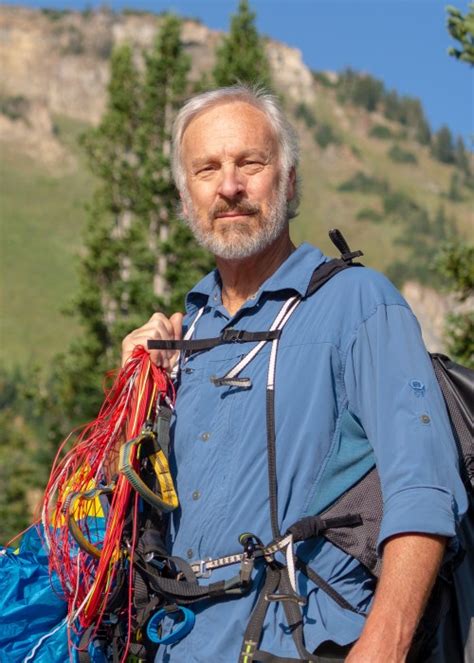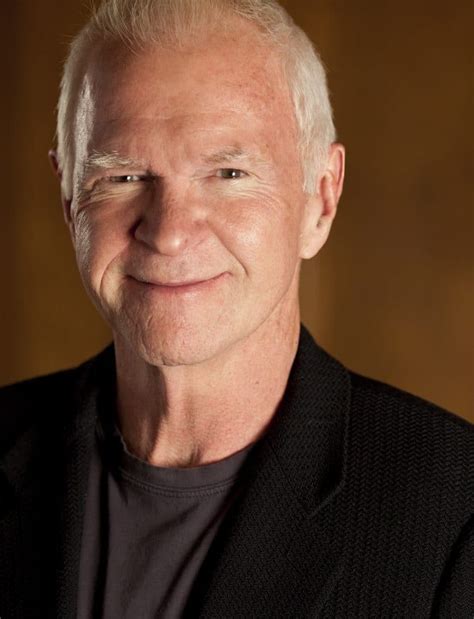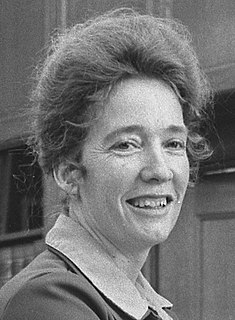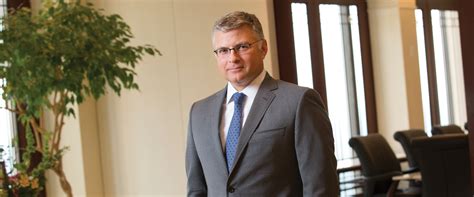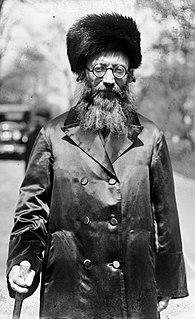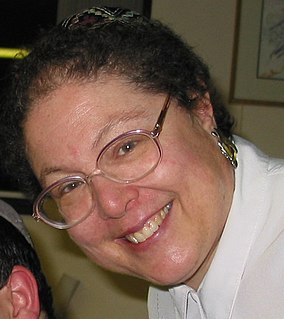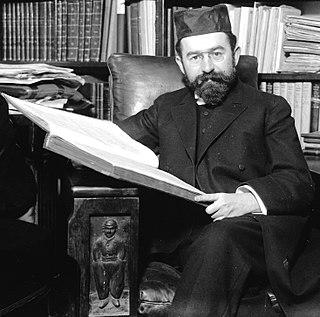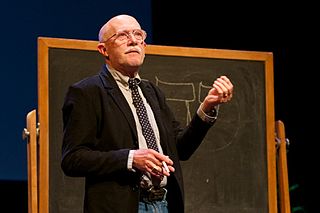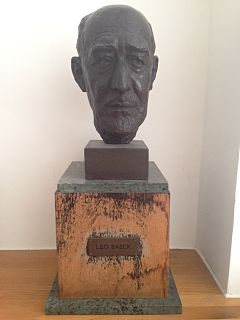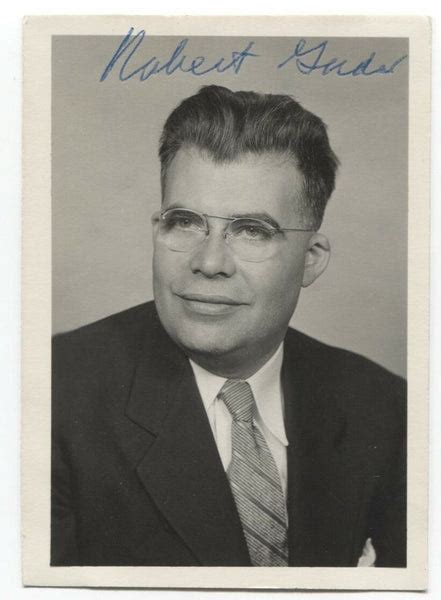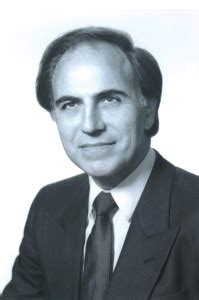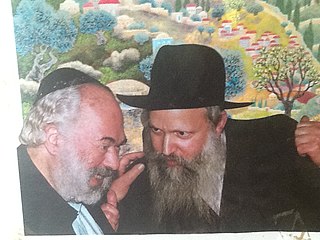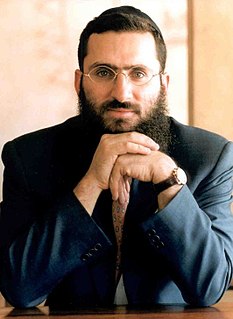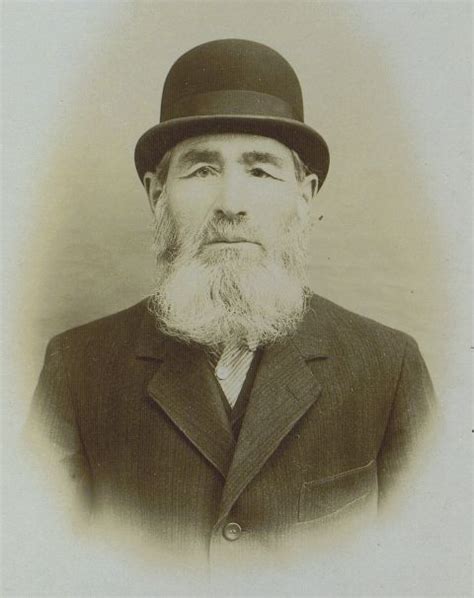A Quote by Harold S. Kushner
We tend to take on the coloration of the setting in which we find ourselves.
Related Quotes
We need to stop comparing ourselves to others, and stop patting ourselves on the back for attaining artificial measurements of spirituality. We need to take care that we do not think we are something we are not, or else we may deceive ourselves, setting ourselves up for rebuke in the future when we see Christ face to face
In overlooking, denying, evading this complexity--which is nothing more than the disquieting complexity of ourselves--we are diminished and we perish; only within this web of ambiguity, paradox, this hunger, danger, darkness, can we find at once ourselves and the power that will free us from ourselves. It is this power of revelation that is the business of the novelist, this journey toward a more vast reality which must take precedence over other claims.
Man stands in materialism; you and I are materialists. Our talking about God and Spirit is good; but it is simply the vogue in our society to talk thus: we have learnt it parrot-like and repeat it. So we have to take ourselves where we are as materialists, and must take the help of matter and go on slowly until we become real spiritualists, and feel ourselves spirits, understand the spirit, and find that this world which we call the infinite is but a gross external form of that world which is behind.
Pride is a terrible and dangerous thing. It can take so many forms; it can even assume the appearance of humility. Pride can lead not only to self-exaltation, but also to self-abasement. The key to battling pride is not found in struggling against thinking too highly of ourselves or in striving to think of ourselves as lowly. The key is found in simply not thinking about ourselves at all, but setting our minds on Christ and the needs of others.
The most difficult part of writing a book is not devising a plot which will captivate the reader. It's not developing characters the reader will have strong feelings for or against. It is not finding a setting which will take the reader to a place he or she as never been. It is not the research, whether in fiction or non-fiction. The most difficult task facing a writer is to find the voice in which to tell the story.


